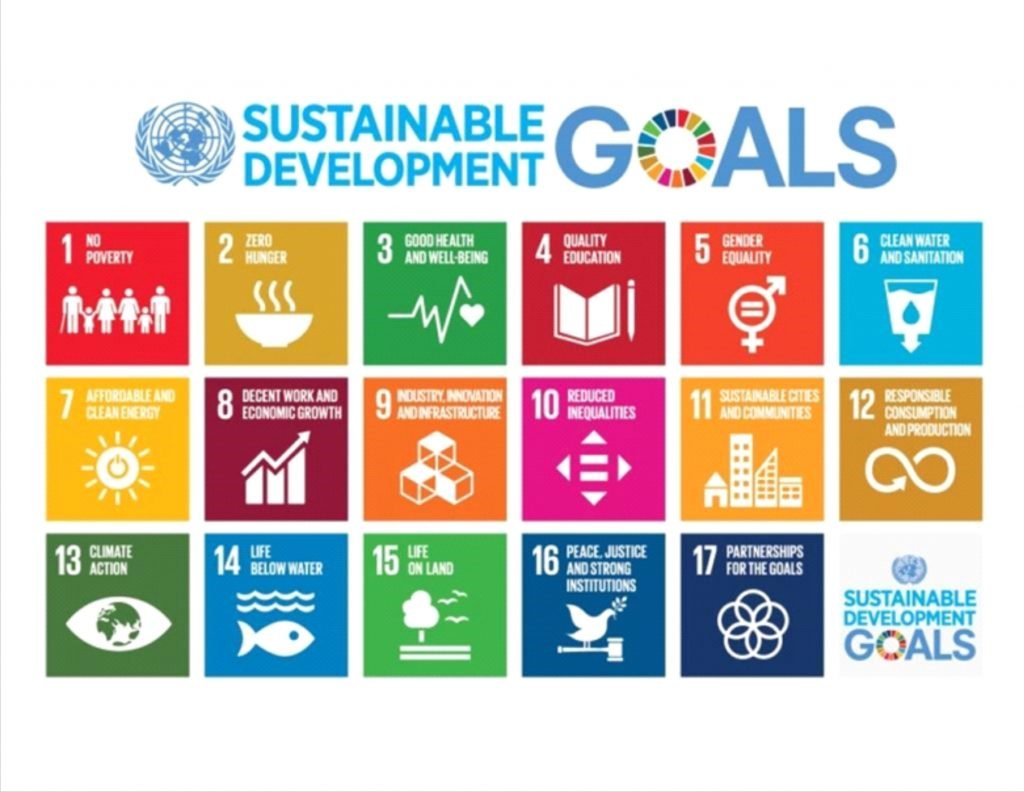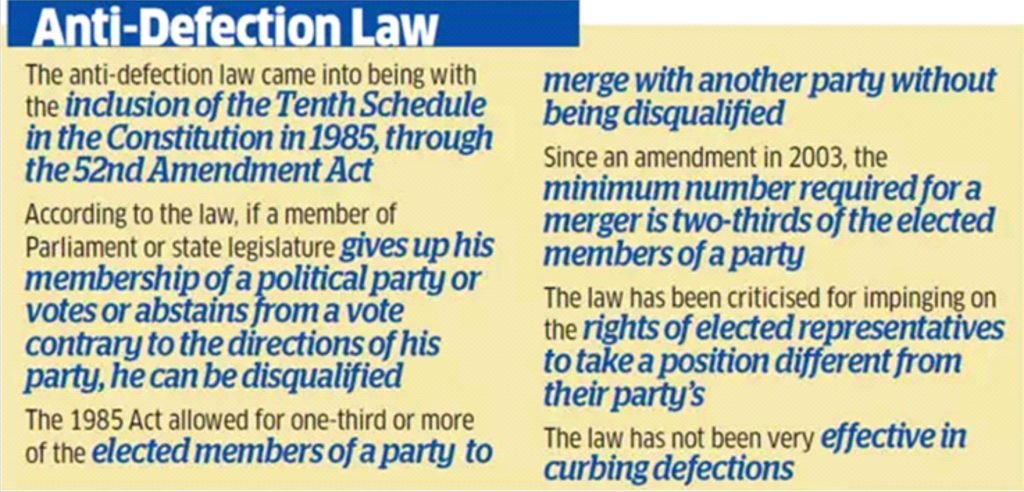Current Affairs (17th March 2021)
Development Finance Institution (DFI)
CONTEXT:
- Union Cabinet has approved a bill to set up Development Finance Institution (DFI) with an initial capital infusion of 20 thousand crore rupees. The bill will be tabled in Parliament during the current Budget Session.
ABOUT:
- DFI is expected to raise long-term funds for infrastructure development projects in the country.
- The initial grant to the DFI will be 5 thousand crore rupees and additional increments of grants will be made within the limit of 5 thousand crore rupees.
- The Government is also planning to issue some securities to this Institution by which the cost of funding will come down and all this will help DFI leverage initial capital which draws funds from various source
- Through this the government is expected to raise a considerable amount from the market.
- DFI is expected to raise up to 3 lakh crore rupees in the next few years. The Institution will also have some tax benefits for a 10-year long period and the Indian Stamp Act too is being amended.
- Development Finance Institution will have a professional board in which there will be at least 50 per cent of them will be non-official director and person of eminence is also envisaged in the board.
- The government is looking at a complete professional set up of the DFI and with this professional human resource, the Organisation will rise to the expectation of the market.
Medical Termination of Pregnancy
CONTEXT:
- Parliament has passed the Medical Termination of Pregnancy (Amendment) Bill, 2020 with the RajyaSabha approving it recently.
About:
- The LokSabha had passed the bill in March last year.
- The Bill provides for an outer limit of 24 weeks for medical termination of pregnancy.
- The limit is in sync with the advancements in medical technology that allows for the removal of foetus at a relatively advanced stage of pregnancy.
- The bill aims to ensure the confidentiality of the process and respects the privacy of women.
- Besides, the legislation also regulates the conditions under which a pregnancy may be aborted.
- Currently, abortion requires the opinion of one doctor if it is done within 12 weeks of conception and two doctors if it is done between 12 and 20 weeks.
- The Bill allows abortion to be done on the advice of one doctor up to 20 weeks, and two doctors in the case of certain categories of women between 20 and 24 weeks.
- The Bill also seeks to set up state level Medical Boards to decide if a pregnancy may be terminated after 24 weeks in cases of substantial foetal abnormalities.
- The bill ensures safety and well-being of women. The bill has been brought after extensive consultations with all stakeholders.
- Terming the legislation as most progressive, it is to protect the dignity of women in the country.

EC to use VVPAT
CONTEXT:
- The Election Commission of India (ECI) has decided to use Voter Verifiable Paper Audit Trail (VVPAT) along with Electronic Voting Machines (EVM) at all the Polling Stations in the upcoming assembly elections in four states and Union territory to enhance the transparency and credibility of the election process.
ABOUT:
- VVPAT is a method of providing feedback to voters using EVMs.
- A VVPAT is intended as an independent verification system for voting machines designed to allow voters to verify that their vote was cast correctly, and to provide a means to audit the stored electronic results.
- It contains the name of the candidate for whom vote has been cast and symbol of the party/individual candidate.
- In order to ensure transparency, EVMs/VVPATs are randomized twice using EVM Management System (EMS) while being allocated to an Assembly Constituency and then to a polling booth ruling out any fixed allocation.
- In pursuance of the Supreme Court’s order, the Commission has also mandated that VVPAT slips count of five randomly selected Polling Stations in each Assembly Constituency will be done for verification of the result obtained from the Control Unit.
- This mandatory verification of VVPAT slips will be in addition to the provisions of Rule 56(D) of the Conduct of Elections Rules, 1961.

Sustainable Development Goals
CONTEXT:
- According to the report titled Asia and the Pacific SDG Progress Report, 2021 by UN Economic and Social Commission for Asia and the Pacific (ESCAP), the Asia-Pacific region is not on track to achieve any of the United Nations-mandated Sustainable Development Goals (SDG) by 2030. At the current pace, the region may achieve less than 10 per cent of the SDG targets.
About:
- Out of 104 measurable targets of the SDGs, the region is on track to reach only nine by 2030.
- The region’s progress has been too slow on half of the goals in Asia-Pacific and many were stalled at levels well below the 2020 milestone.
- Other goals where the region fell abysmally short of expectations were gender equality (Goal 5), clean water and sanitation (Goal 6), affordable and clean energy (Goal 7), decent work and economic growth (Goal 8), and life on land (Goal 15).

Climate action and life below water
- The dismal performance on goals for climate action (Goal 13) and life below water (Goal 14) is of special concern. In fact, the situation is now worse than it was in 2000.
- All five regions — east and north-east Asia, north and central Asia, south-east Asia, south and south-west Asia and the Pacific — have shown regressing trends for climate action and life below water.

- Asia-Pacific region is responsible for more than half of the global greenhouse gas emissions.
- The region continues to suffer from adverse impacts of natural disasters and is the most disaster-prone region in the world.
- In 2020, the region faced a record number of climate-related disasters, affecting tens of millions of vulnerable people already hit hard by the COVID-19 pandemic, according to World Disasters Report 2020.
- There has certainly been some progress on protecting the coastal areas but economic benefits from sustainable fisheries and the quality of oceans have been on the decline. It is not on track to achieve any of the targets for clean water and sanitation.
- The biggest hurdle for the region is water stress, where the situation has significantly worsened since 2000 and is likely to continue to regress unless collective action is taken.
Green recovery during pandemic
- The region has made no progress on SDG goals for sustainable cities and communities since 2000.
- During the pandemic, too, it missed the opportunity to build back better. Large cities in the Asia-Pacific region produced 154 to 280 tonnes more medical waste per day than before the pandemic.
- The COVID-19 related bio-medical waste generation in India increased from 3,025 tonnes in June, 2020 to 4,527 tonnes in December 2020, according to the Central Pollution Control Board.
Addressing data-deficit
- Nearly 40 per cent of the SDG targets cannot be measured for the Asia-Pacific region due to the lack of data. The goals for climate action and life under water were among the most “data-poor”.
- So, more must be done to address data deficiency for better assessment of the environmental goals.
- Nations must ensure that their responses to the pandemic accelerate progress toward the 2030 agenda.
- Hence, for post-covid recovery that is sustainable and inclusive, UNESCAP has urged governments to renew their commitments to the SDGs’ monitoring framework.
Anti-defection law
CONTEXT:
- Recently, a nominated member resigned from RajyaSabha, a year before completion of his term, after a national political party fielded him in poll.
- After his nomination to RajyaSabha in 2016, he did not join a political party within the mandatory period of six months, and his membership was open to challenge under the anti-defection law.
Nominated members
- During the making of the Constitution, members of the Constituent Assembly felt that RajyaSabha should have members who might not win elections but will bring knowledge and expertise to discussions in the Upper House.
- N Gopalswami Ayyangar said that nominating members to RajyaSabha gives “an opportunity, perhaps, to seasoned people who may not be in the thickest of the political fray, but who might be willing to participate in the debate with an amount of learning and importance which we do not ordinarily associate with the House of the People”.
- It led to RajyaSabha having 12 nominated members. The broad criterion for their nomination is that they should have distinguished themselves in fields like literature, science, art, and social service.
- The President nominates such individuals as recommended by the Centre.
- Nominated members have the same rights and privileges as elected members, with one notable difference — they cannot vote in the election of the President.
Anti-defection law
- In 1985 the Tenth Schedule, popularly known as the anti-defection law, was added to the Constitution. But its enactment was catalysed by the political instability after the general elections of 1967. This was the time when multiple state governments were toppled after MLAs changed their political loyalties.
- The purpose of the 1985 Constitution Amendment was to bring stability to governments by deterring MPs and MLAs from changing their political parties on whose ticket they were elected.
- The penalty for shifting political loyalties is the loss of parliamentary membership and a bar on becoming a minister.
- The law specifies the circumstances under which changing of political parties by MPs invite action under the law.

Three types of scenarios with respect to an MP switching parties:
- The first is when a member elected on the ticket of a political party “voluntarily gives up” membership of such a party or votes in the House contrary to the wishes of the party.
- The second possibility is when an MP who has won his or her seat as an independent candidate after the election joins a political party.
- In both these instances, the MP lose the seat in the House on changing (or joining) a party.
- The third scenario relates to nominated MPs. In their case, the law specifies that within six months of being nominated to the House, they can choose to join a political party.
- The time is given so that if a nominated MP is not a member of a political party, they can decide to join one if they want.
- But if they don’t join a political party during the first six months of their tenure, and join a party thereafter, then they lose their seat in Parliament.

